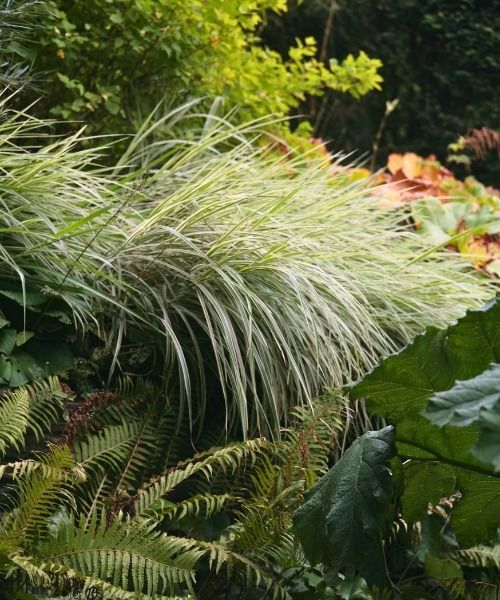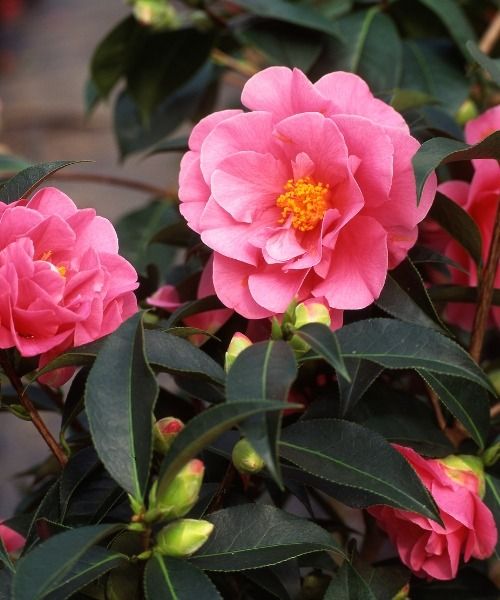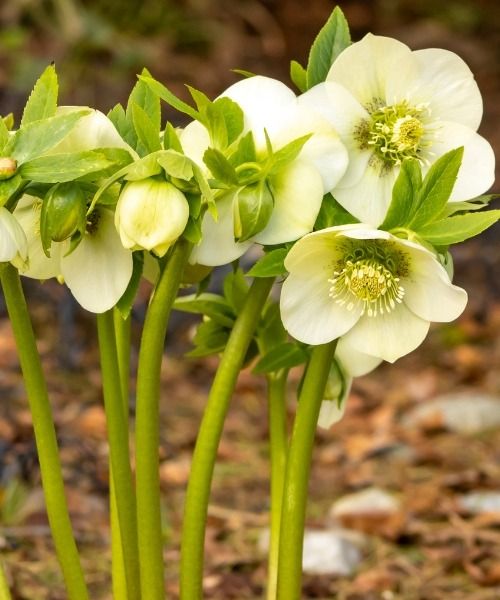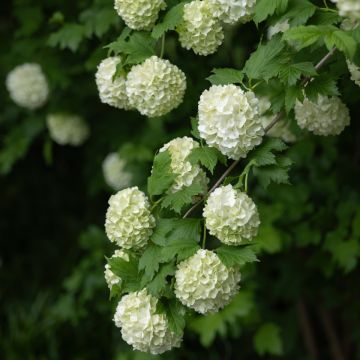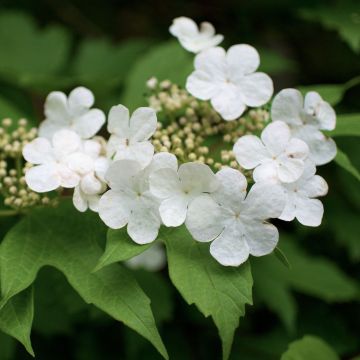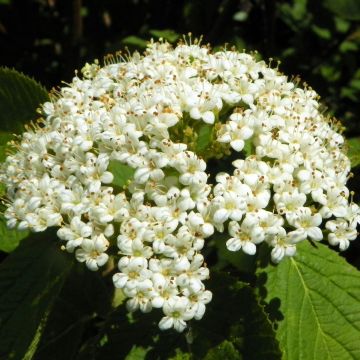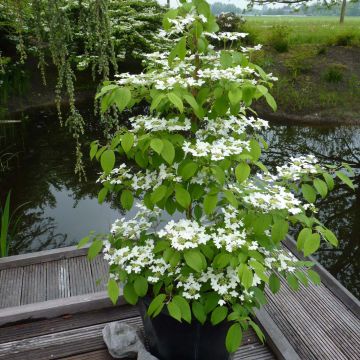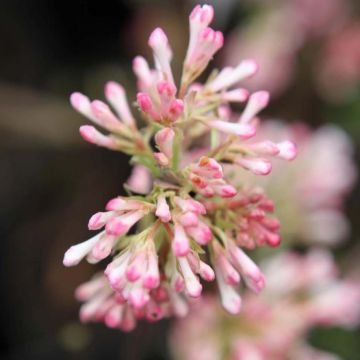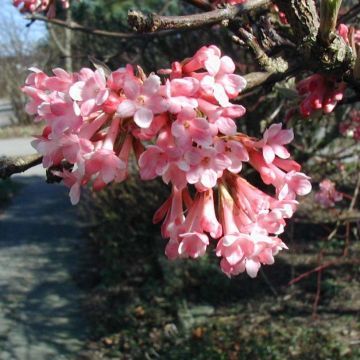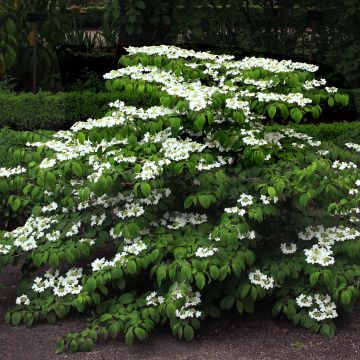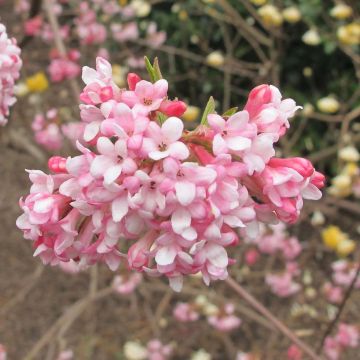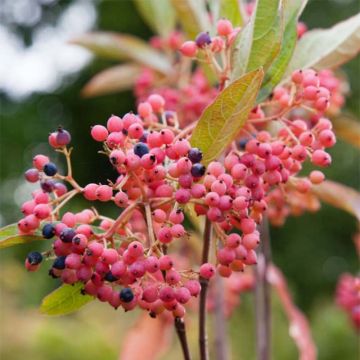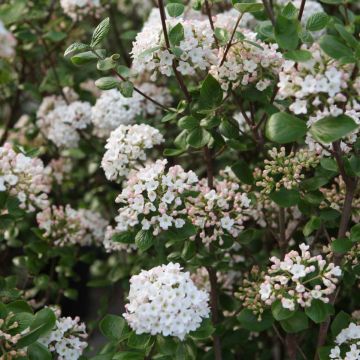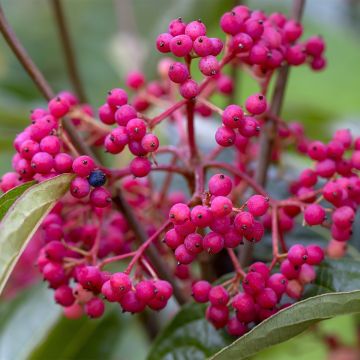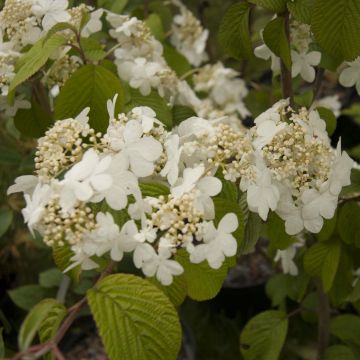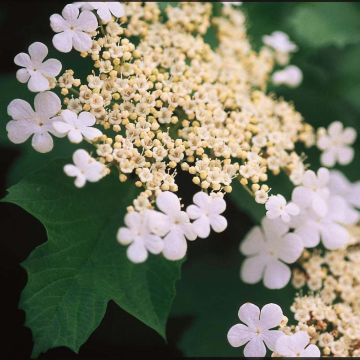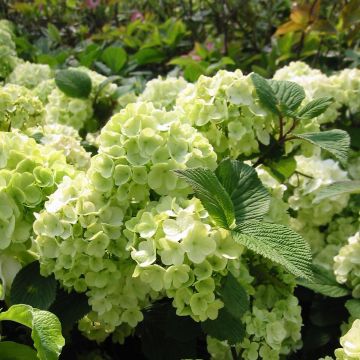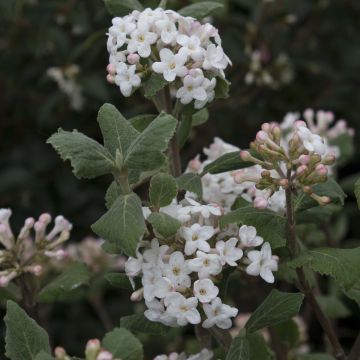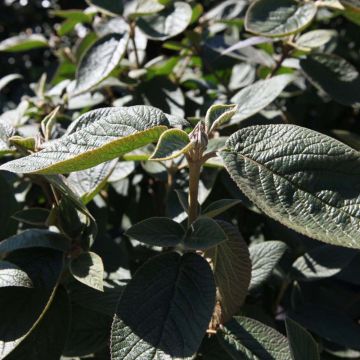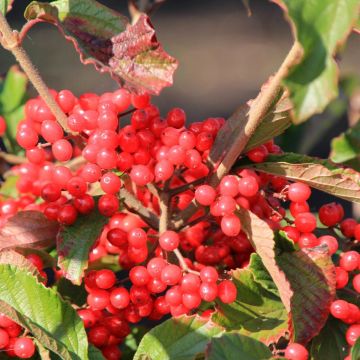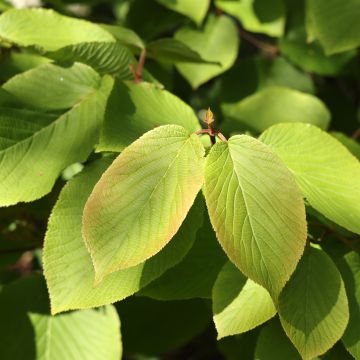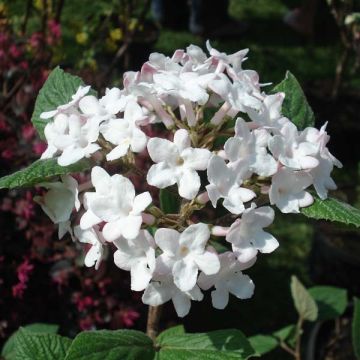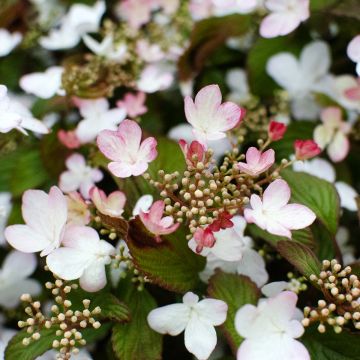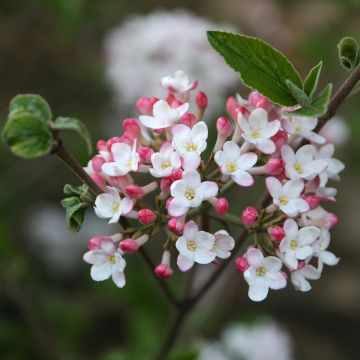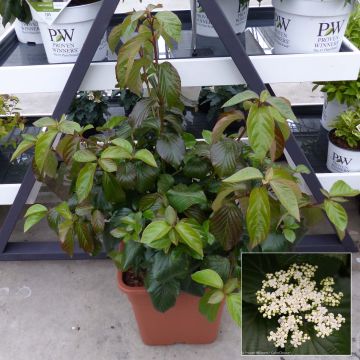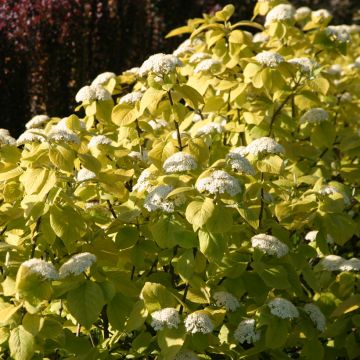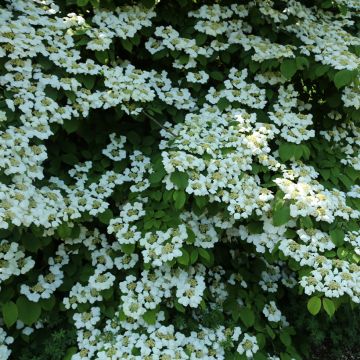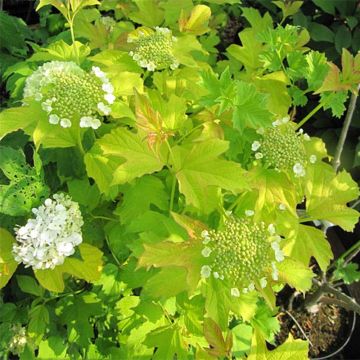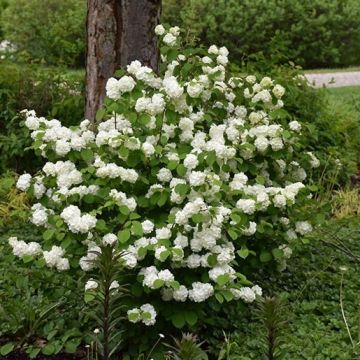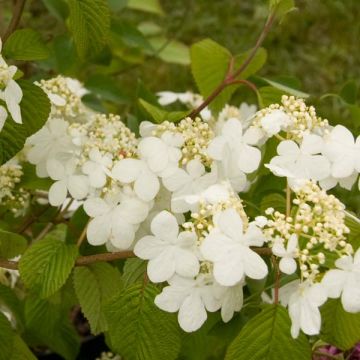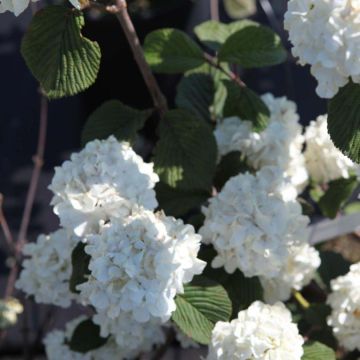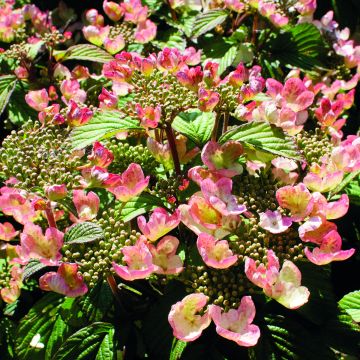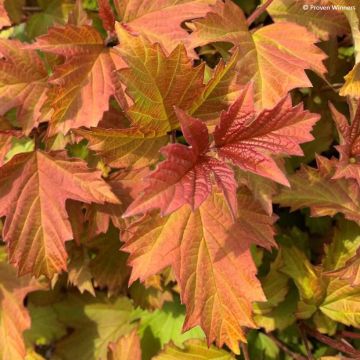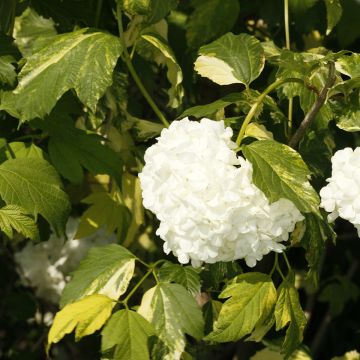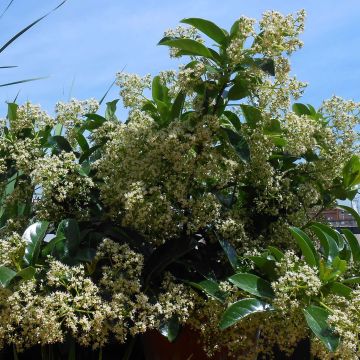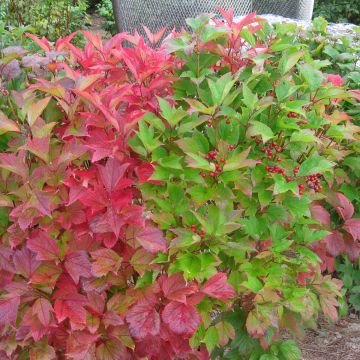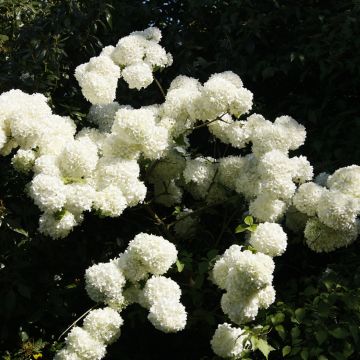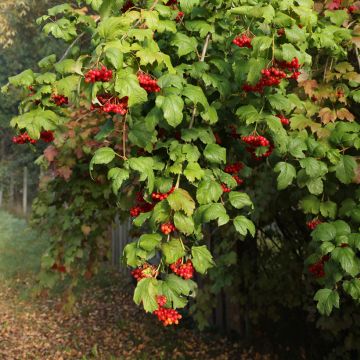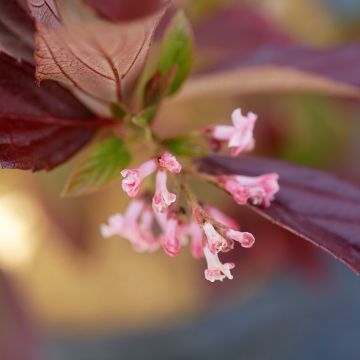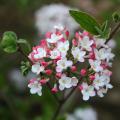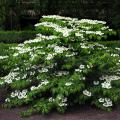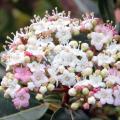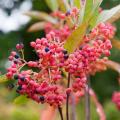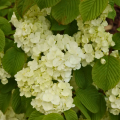Autumn-coloured Viburnum
Does this plant fit my garden? Set up your Plantfit profile →
Available in 4 sizes
Available in 3 sizes
Available in 4 sizes
Available in 2 sizes
Available in 2 sizes
Available in 1 sizes
Available in 4 sizes
Available in 3 sizes
Available in 3 sizes
Available in 1 sizes
Available in 1 sizes
Available in 1 sizes
Available in 2 sizes
Available in 1 sizes
Available in 1 sizes
Available in 1 sizes
Available in 2 sizes
Available in 1 sizes
Available in 1 sizes
Available in 1 sizes
Available in 1 sizes
Available in 1 sizes
Available in 1 sizes
Available in 1 sizes
Available in 1 sizes
Available in 1 sizes
Available in 1 sizes
Available in 1 sizes
Available in 1 sizes
Available in 2 sizes
Available in 2 sizes
Available in 2 sizes
Available in 1 sizes
Available in 1 sizes
Available in 1 sizes
Available in 1 sizes
Available in 1 sizes
Available in 1 sizes
Available in 1 sizes
Available in 1 sizes
Available in 1 sizes
Available in 1 sizes
Among the genus Viburnum are many deciduous shrubs that adorn themselves with flamboyant autumn colours, in shades of orange, red, purple, violet or even pink. To these fabulous hues is often added colourful fruiting, which enhances their charm at the end of the season. The leaves of the guelder rose (Viburnum opulus) and its varieties turn orange-red, while those of Viburnum plicatum, the tiered guelder rose, take on darker shades of red-purple. The "snowball bush", very popular, also dresses in purple in autumn. Viburnum lantana, or wayfaring tree, has deciduous grey-green foliage that turns red in autumn and has pretty bright red berries. Discover also Viburnum 'Le Bois Marquis' whose foliage takes on a lovely bright pink colour in autumn. As for the winter-flowering guelder rose Viburnum bodnantense 'Dawn', its colours change throughout the seasons: first coppery, then green, then red in autumn. Some evergreen viburnums have foliage that partially changes colour due to the cold, like Viburnum lucidum and V. odoratissimum, whose shiny leaves sparkle with gleaming lights. The choice is vast in this Viburnum genus, which gathers together numerous shrubs dressed in autumn colours. There is one for every type of soil and climate. Discover them below!
Haven't found what you were looking for?






























